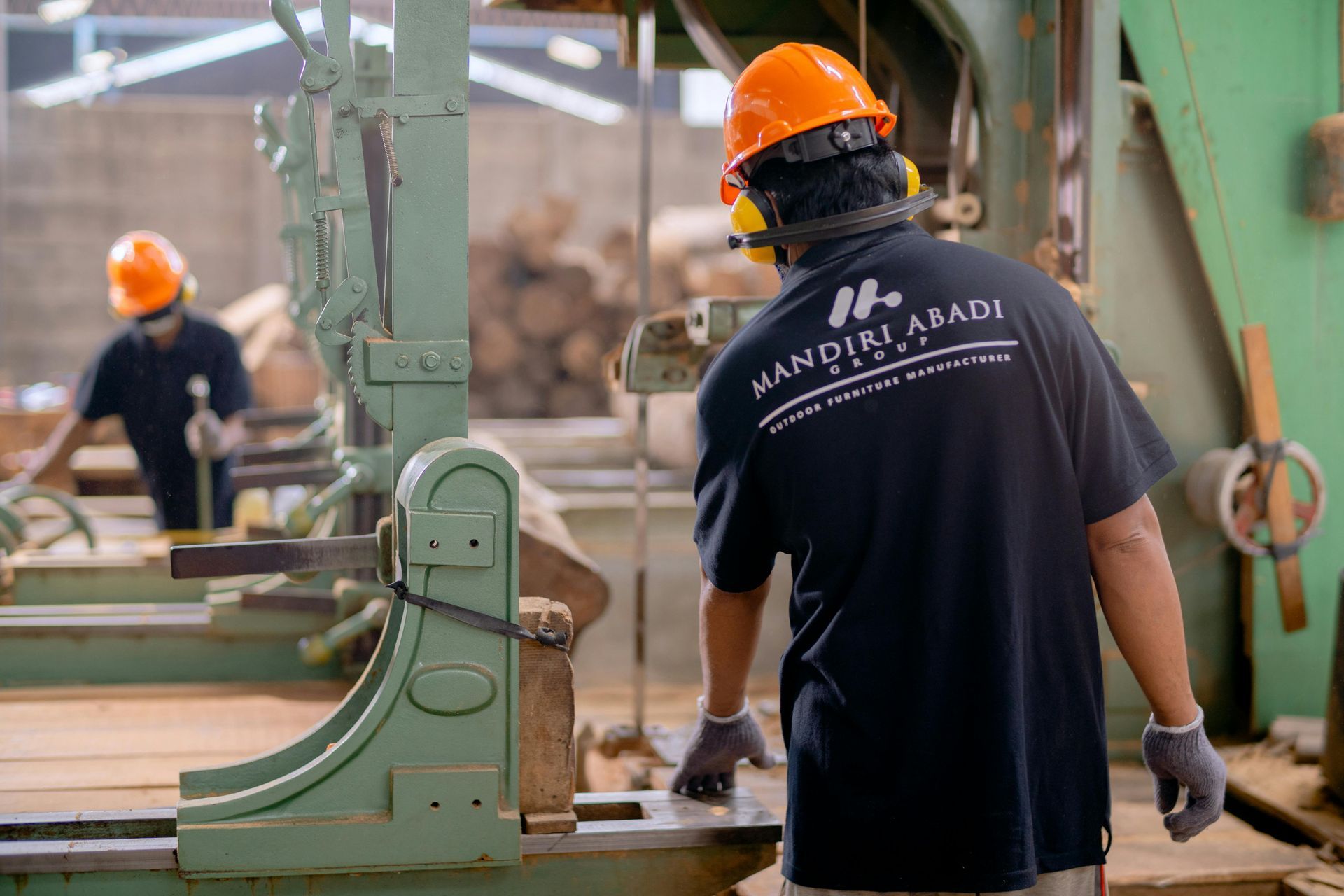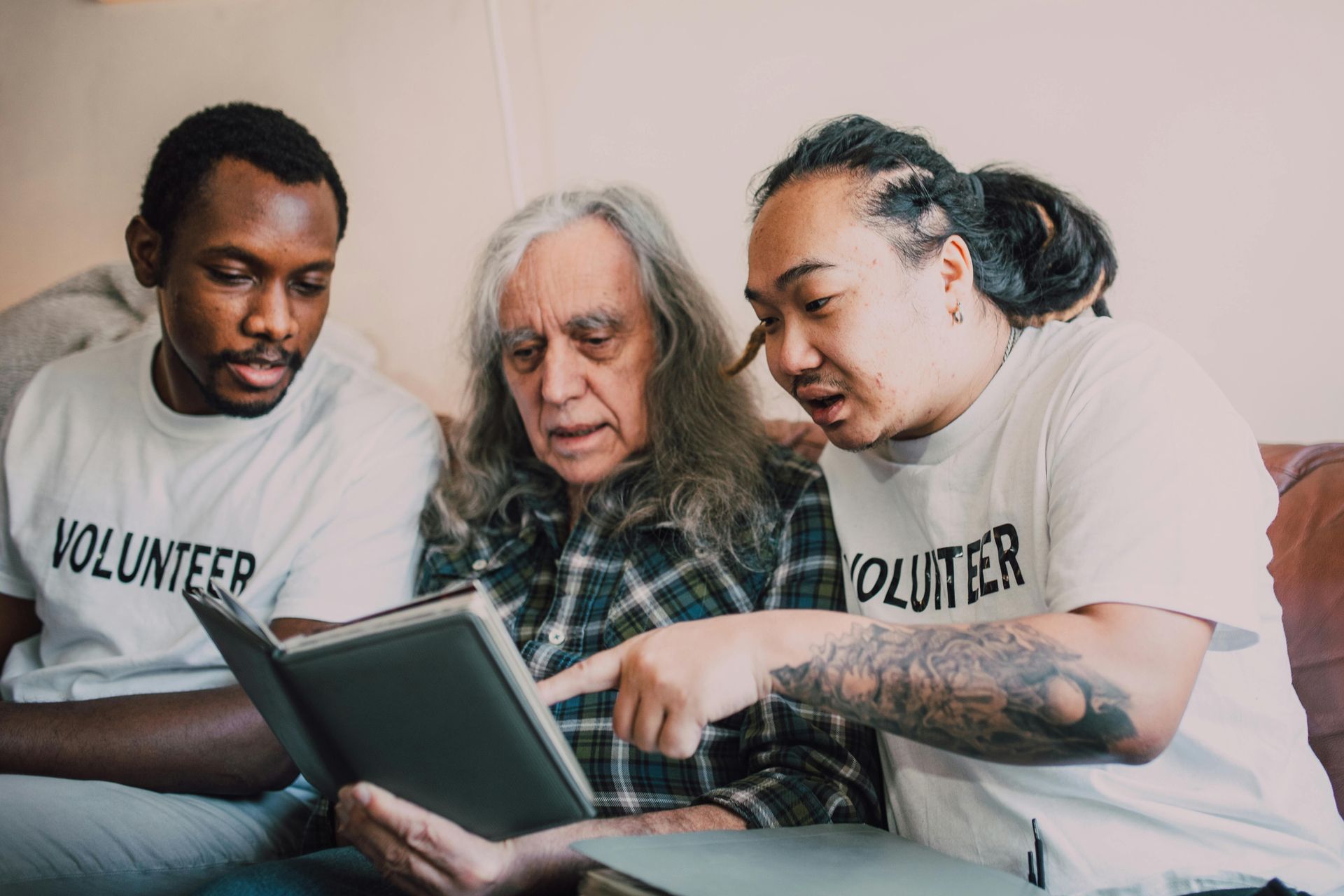Mindfulness and Mentorship - Steps to Building an Effective Mentorship
By Chelsea Russell, CPA, MSA and Mia McDonald, MSA
Mentorship is essential in every career to help foster personal and professional growth amongst employees. These relationships are instrumental in developing the culture of your business by improving performance, increasing productivity, and encouraging continued learning. Thoughtfully and strategically pairing individuals together to build a strong and successful connection is a win all around. For both parties to obtain the most benefit out of the relationship, there are four main mental health and mindfulness practices that can be utilized; Visualization, Goal setting, Reflection, and Gratitude.
Visualization
The first key in building a strong mentor and mentee relationship is visualization. This mindfulness technique is a practice that, even when informally used, can ensure that the mentor and mentee are on the same page when it comes to what they are each looking to get out of the collaboration. The mentor and mentee must come to the table with their own intrinsic motivation and determination to succeed. Visualization can help each person regularly see their end outcome and plan out the processes that will help them get to their desired outcome. This practice can also be used to manage stress and everyday obstacles by reminding everyone that every step and obstacle is another day closer to the future and their vision.
Goal setting
While visualization builds confidence and encourages forward thinking about what the future could hold, goal setting takes the next step by making those visions tangible. Mentors can offer invaluable help and guidance in setting and measuring short and long-term goals; therefore, this should be a collaborative process. Establishing and setting goals creates purpose and provides a baseline for an ongoing supportive relationship, with measurable benchmarks to continually gauge progress. Mentorship is about sharing and building on experiences to help define and refine meaningful objectives. Therefore, a best practice to build accountability in the mentorship would be to set up monthly check-ins to measure goal progression. Goals can be fluid – as life happens and sometimes gets in the way of targets. However, having a mentor champion your goals with you, can help determine where goals can be adjusted or what additional resources may be beneficial. Throughout the mentorship, always remember to celebrate the accomplishments and benchmarks along the way, no matter how big or small.
Reflection
An important part of goal setting and personal growth is reflecting on the outcome and the journey. The mentor and mentee should have open communication and provide regular feedback in a timely manner. When goals are completed, the mentor and mentee should reflect on what went well or what could have gone better, and then determine the areas for growth. During the mentorship, each person should reflect on own progress individually and then discuss what they can do to improve or how they can provide better support for each other. Regular evaluation throughout the span of the relationship will create the most value.
Gratitude
Gratitude is something we all take for granted. As important as it is to continue looking for ways to improve, it is equally if not more important to slow down and practice regular gratitude - for each other and for the process. Being able to appreciate all the positive aspects and milestones of navigating the workforce and life, will create more joy and improve overall well-being. Expressing gratitude can be as simple as writing down what you are thankful for or telling a coworker you are thankful for their guidance and support. This practice enhances the trust, mutual respect, and open communication that guides these meaningful relationships between the mentor and mentee. When there is a sense of appreciation for each other and the process of the mentorship, each person will grow, learn, and collaborate more effectively. Every challenge encountered is a building block towards the end goal and vision - remember to be grateful for the learning opportunities provided and growth.
Achieving any success in the workplace is a measure of time, effort, and dedication. Success cannot be achieved alone; it is dependent on the help and support of others. Embracing the uncomfortable to push for new challenges and embracing ways to incorporate individuality will make any mentor and mentee relationship the most successful.
This material is generic in nature. Before relying on the material in any important matter, users should note date of publication and carefully evaluate its accuracy, currency, completeness, and relevance for their purposes, and should obtain any appropriate professional advice relevant to their particular circumstances.
Share Post:









